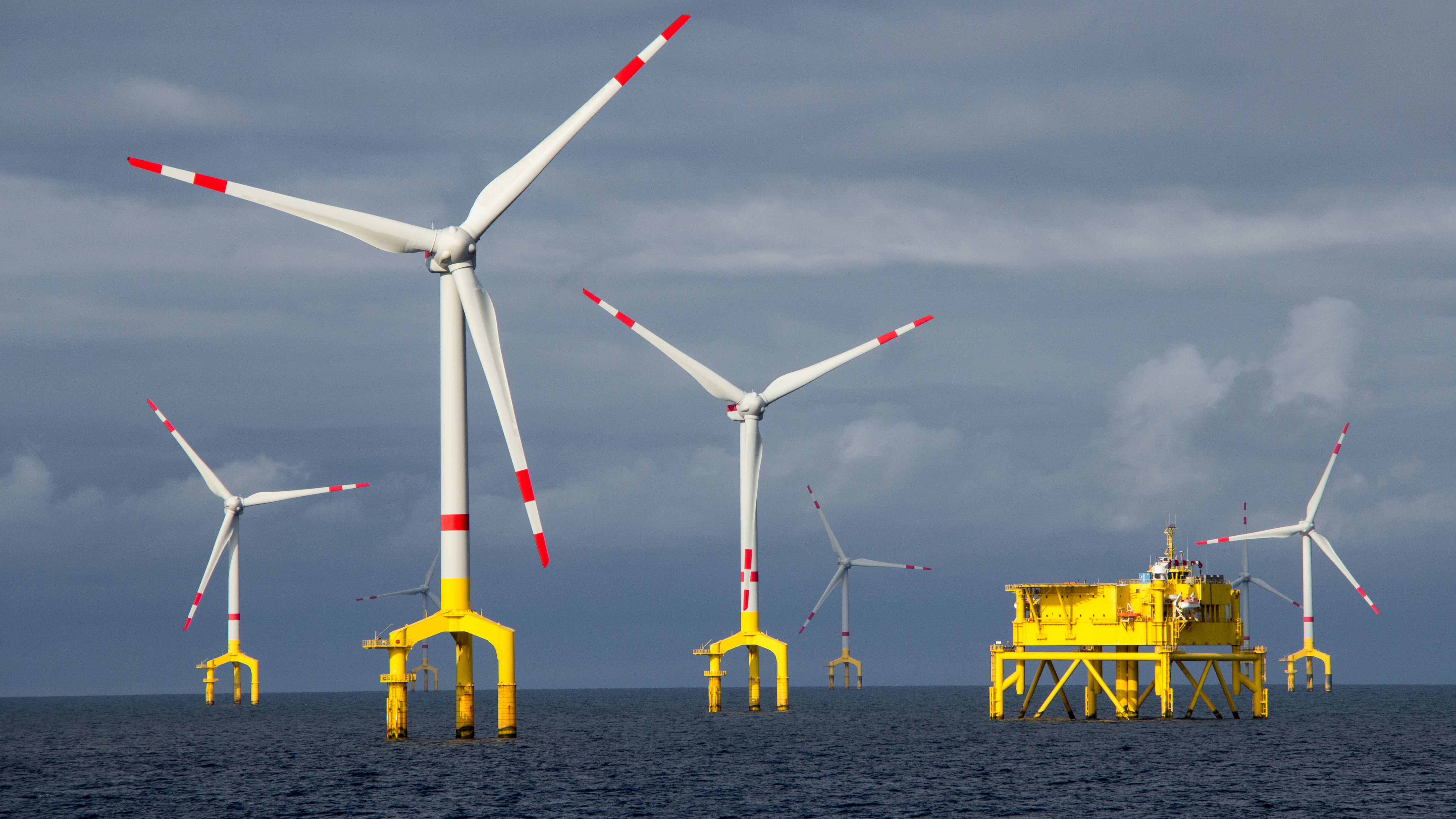Corrosion damage is a significant weak point in the maritime industry, especially for offshore wind energy. A white paper analyzes the potential of AI in containing maritime corrosion. It comes from a consortium of industry and research under the leadership of the Federal Institute for Materials Research and Testing (BAM), the Helmholtz Center Hereon and the Fraunhofer Institute for Manufacturing Technology and Applied Materials Research and identifies fields of action in order to bundle research in Germany in a targeted manner and achieve an optimal effect through AI methods.
Digital management of protection systems and AI-supported evaluation of corrosion events should enable significant cost savings and considerable value creation potential for the maritime industry while reducing the ecological impact at the same time. Four fields of action are considered key areas: Environmental interactions: Corrosion is dependent on, for example, salt content, pH values, humidity and temperature. Model systems for modeling corrosion processes are to be developed; development and application of coatings: AI can help here to make protective systems even better and at the same time more environmentally friendly; maintenance and repair: prediction-based maintenance methods for corrosion protection systems require large amounts of data that AI can process and interpret; software development: data management tools for maritime corrosion are currently lacking. Among other things, there should be a digital passport for systems and a quality and assessment management system.





